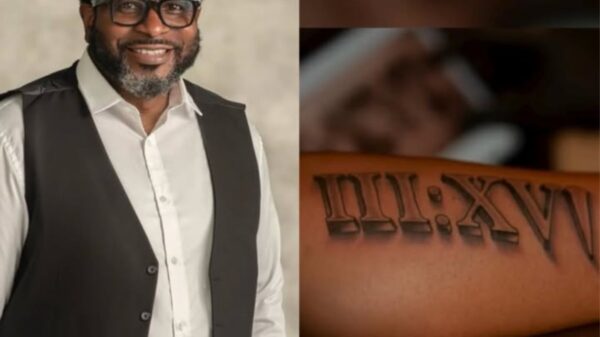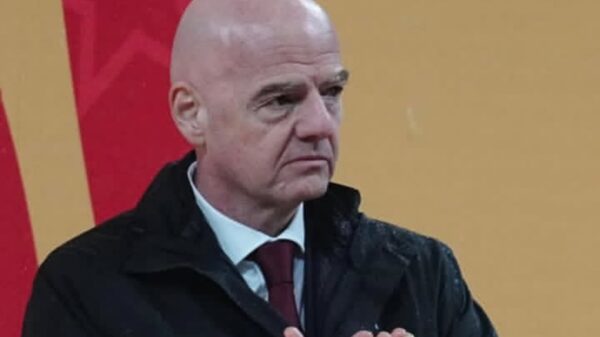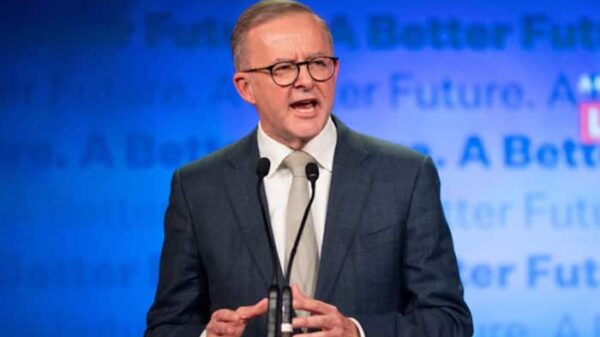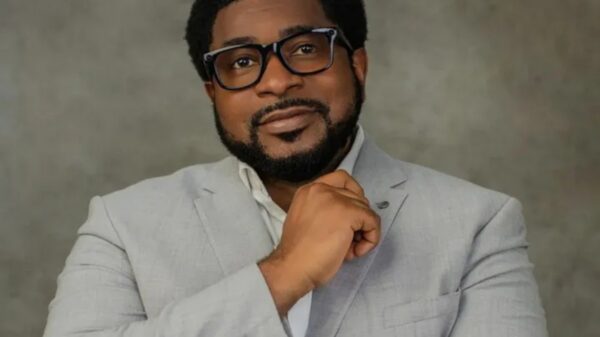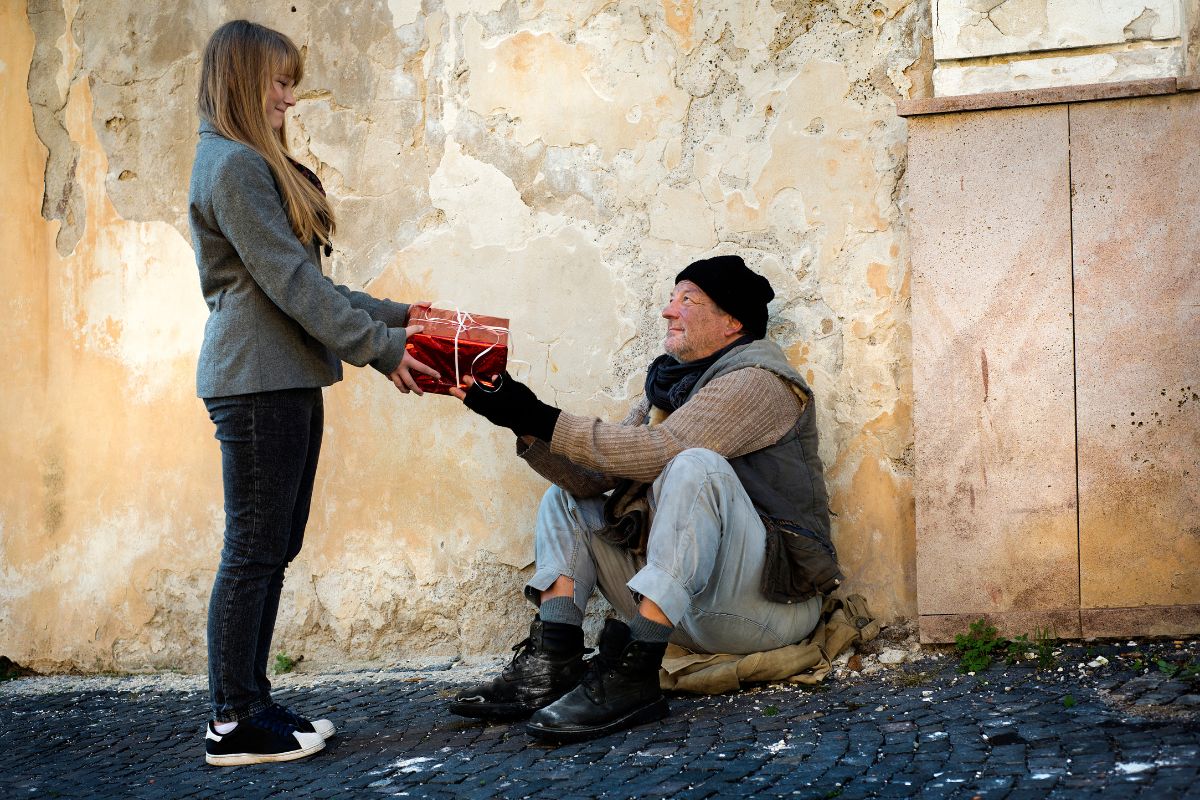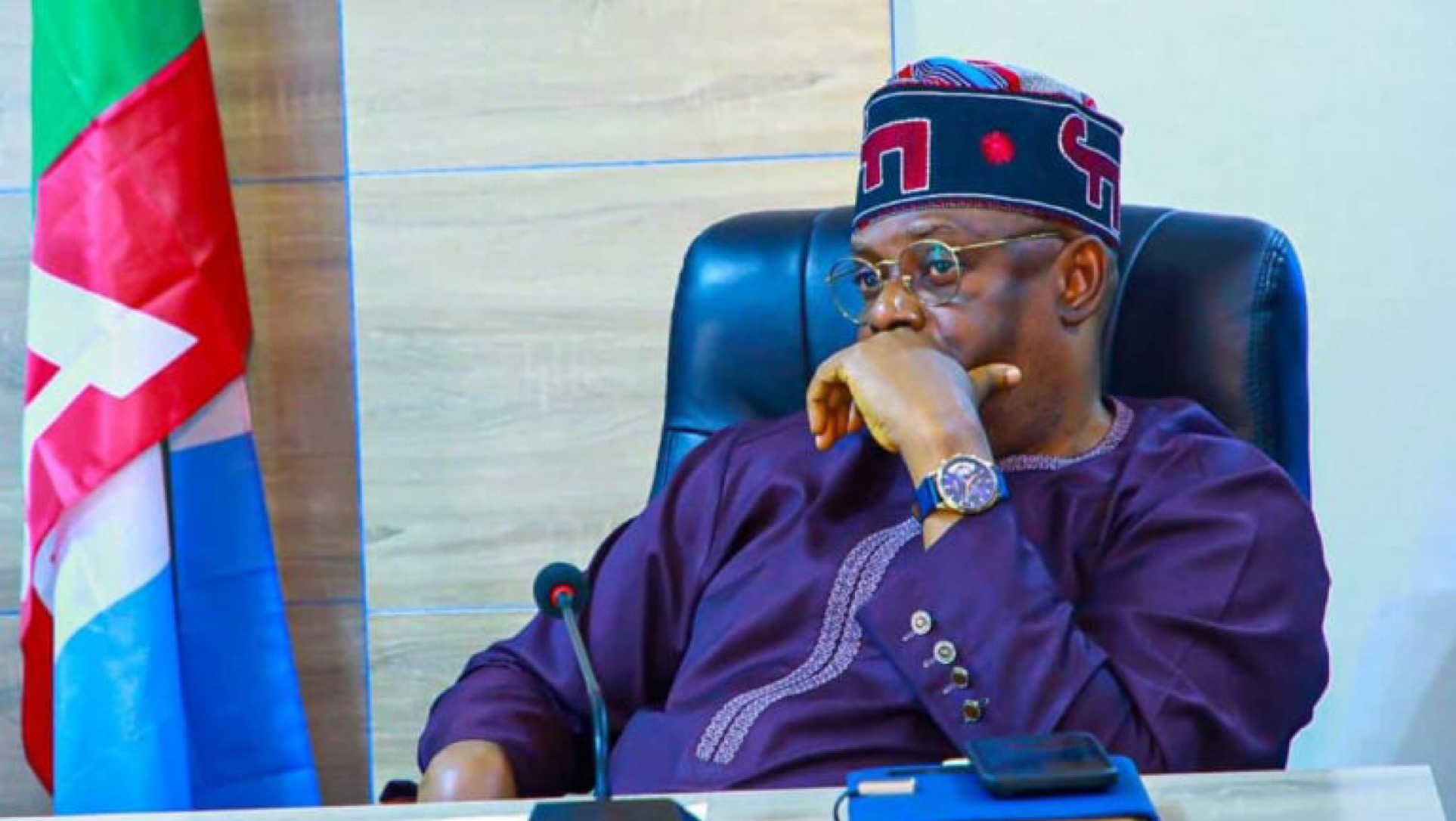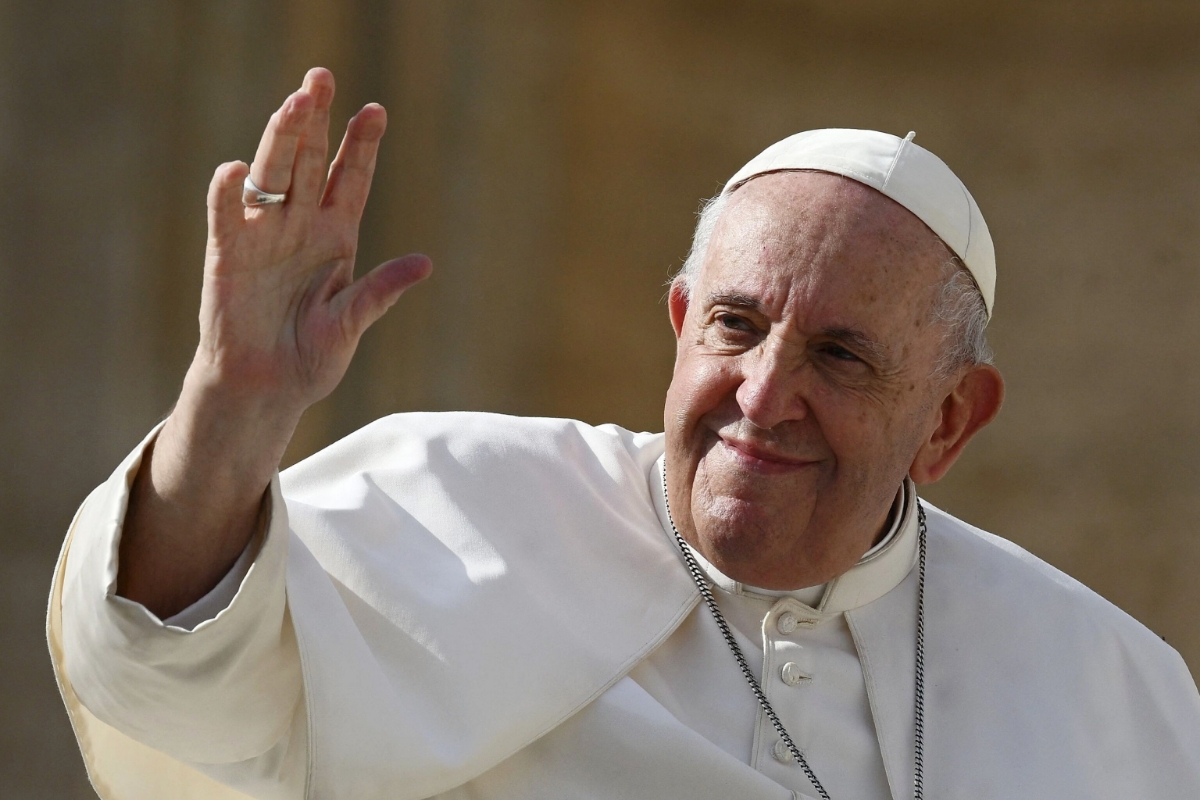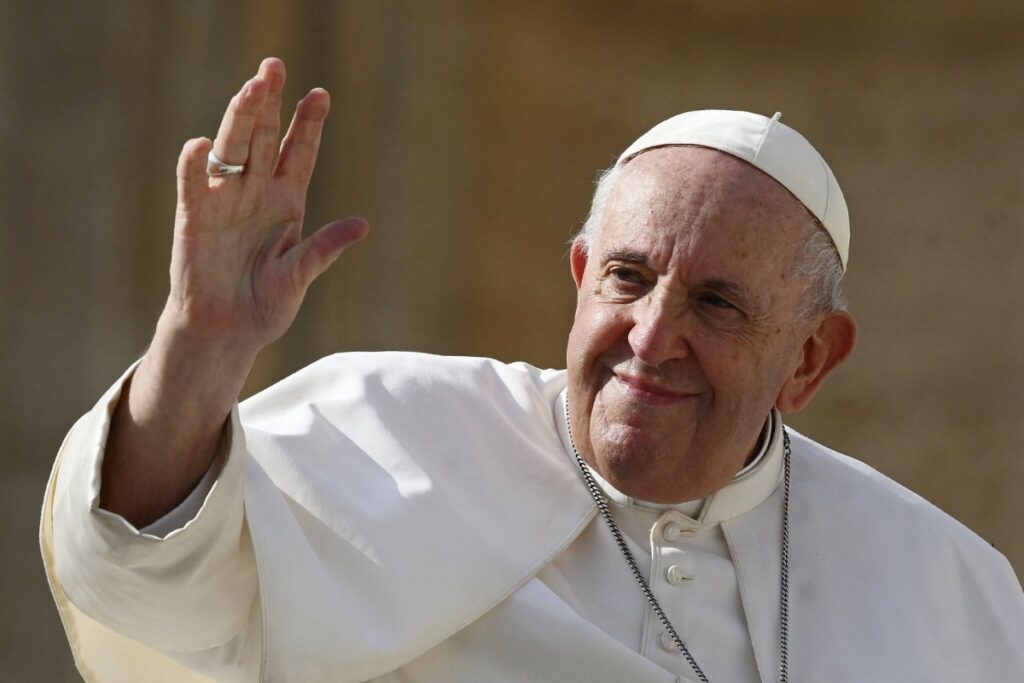
The Vatican has established a task force aimed at boosting contributions from its members to address financial difficulties stemming from settlements and legal expenses tied to s*xual abuse scandals.
The Commission was unveiled this week, having been approved by the unwell Pope Francis on February 11, just three days prior to his hospitalization for bronchitis.
A priest, an archbishop, two nuns, and a lawyer will spearhead the task force to ‘encourage donations with special campaigns among the faithful, bishops’ conferences, and other potential benefactors’.
Per the Vatican, the ‘Commissio de donationibus pro Sancta Sede’ is specifically ‘dedicated to promoting donations’, primarily by organizing fundraising efforts and reaching out to prospective donors for particular initiatives the Catholic Church has in mind.
The Church posted a €45.8 million deficit in 2022, the most recent year for which comprehensive financial figures were disclosed, driven in part by a broader decline in donations and substantial payments related to its s*x abuse scandals.
Over two decades, Catholic dioceses, eparchies, and men’s religious orders have shelled out over $5bn on claims of s*xual abuse of minors, according to U.S. research released last month.
The Vatican has also been caught up in an expensive fraud case at London’s High Court involving a west London property, which the Church eventually offloaded at a loss of roughly £115mn in 2022.
That property was one of 5,000 Church-owned assets the Vatican has been criticized for mismanaging.
To recover funds, the new Commission will serve as a central hub for other fundraising efforts, managing the broader ‘scope and strategy’ of the Church’s initiatives.
Moreover, the Church states it will pinpoint and evaluate projects needing financial backing, setting priorities for where the money should go.
A roadmap for its rollout is ‘set to be finalised within three months’, according to a statement released on February 26.
Increasing awareness and drawing in more funds will fall to Monsignor Roberto Campisi, Assessor for General Affairs of the Secretariat of State.
Campisi had earlier been named Assessor of the Secretariat of State in October 2022, two decades after his ordination as a priest in Siracusa, Italy in December 2002.
Ed Condon, editor of The Pillar, a Catholic news outlet, told The Times that ‘many departments operate on a shoestring’.
‘The doctrinal office costs €3 million a year to run not bad given it oversees a church of 1.4 billion Catholics,’ he said.
Poor investment choices remain a hurdle for the Church. In 2022, the Vatican unloaded a west London property at a loss exceeding £100mn.
Italian financier Raffaele Mincione took the Vatican to London’s High Court, asking for rulings that he acted ‘in good faith’ regarding the transaction, though the High Court declined.
The court did, however, approve most of the declarations Mincione requested and dismissed the Vatican’s claims that Mincione and his firms were part of a scheme to swindle the Vatican.
That investment sparked a prolonged corruption trial, laying bare rivalries and schemes at the Vatican’s top levels, culminating in the December 2023 conviction of a cardinal, Mincione, and others.
Mincione is challenging his conviction and has also filed a grievance with the United Nations’ human rights body.
The wider Catholic Church has also been weighed down by massive payouts to victims of clergy s*xual abuse.
Last year, the Archdiocese of Los Angeles committed to paying an eye-watering $880 million to hundreds of victims of clergy sexual abuse spanning decades, on top of a prior $740mn payout.
Also last year, the Spanish government greenlit a comparable compensation program, to be funded by the Church, for victims in Spain.
A report from Spain’s Ombudsman estimated that around 440,000 adults may have experienced s*xual abuse in Spain by individuals connected to the Catholic Church.
A Gentle Reminder: Every obstacle is a stepping stone, every morning; a chance to go again, and those little steps take you closer to your dream.
Nnamdi Okoli











